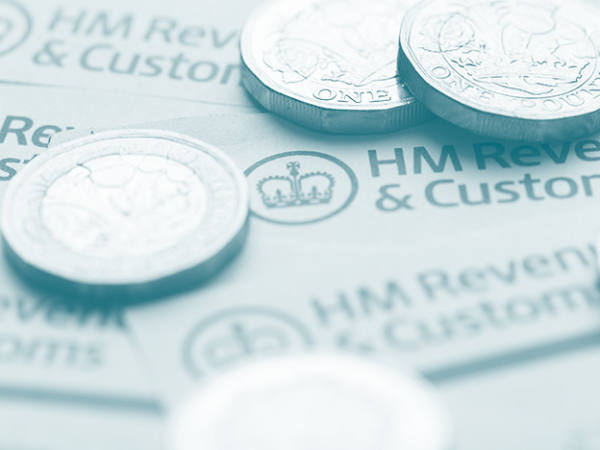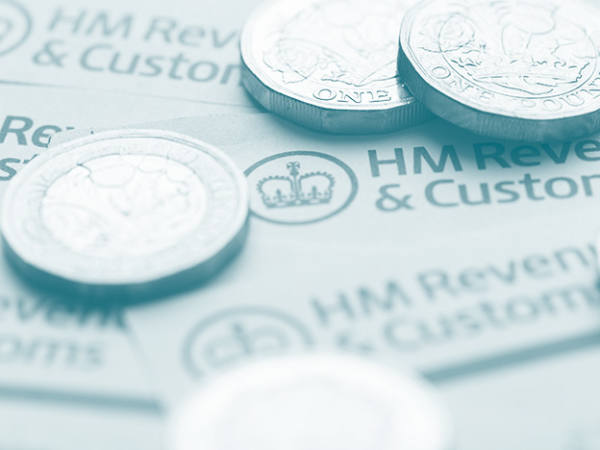I am purchasing my first house using a Help to Buy individual savings account (Isa). However, most of the funds for the house purchase are being supplied by my father via a gift worth 97 per cent of the price of the house, although it will be held in my name alone.
My father owns a home, small business and flat above the business premises. He is selling the business and flat, which have a combined value of around £100,000, and only his name is on the deeds of these assets. He also plans to sell his home, which is worth around £90,000, at a later stage but intends to add my name to its deeds in the meantime.
If we do these things, what are the tax consequences? Would I be liable as a first-time buyer for further tax if my name is added to my father's home’s deeds? And, if this is the case, is there a period of time after which my name can be added to my father's home’s deeds without incurring additional tax?
Or what would be the benefits and disadvantages of my father leaving his property to me in his will rather than naming me on the deeds? PB
Stefanie Tremain, partner at Blick Rothenberg, says:
Help to Buy Isas allow you to save up to £200 per month towards the purchase of your first home. It's no longer possible to open a Help to Buy Isa but you can pay into an existing one until November 2029. The government tops up your contributions to it by 25 per cent, up to a maximum bonus of £3,000.
Help to Buy Isa funds have to be used to buy a first home in which you intend to live – you cannot use a Help to Buy Isa for a rental property. The maximum property purchase value is £250,000 for properties outside London and £450,000 for properties in London. If you already have an interest in a property, you can't use a Help to Buy Isa. So if your father puts your name on the deeds of his home before you purchase your new home, you will not be able to use your Help to Buy Isa as you will have an interest in another property.
As a first-time buyer, you should also qualify for the lower stamp duty land tax (SDLT) rates if the price of the property you buy is below £625,000. The lower SDLT rates are 0 per cent up to £425,000, and 5 per cent between £425,001 and £625,000. These apply if you and anyone else you are buying the property with, are first-time buyers. These lower rates would not apply if you were named on the deeds of your father's home before you purchase your new house. If named, you would also be subject to the SDLT surcharge of 3 per cent on top of normal SDLT rates, as purchasing your new house would result in you owning more than one property – the property you buy and your interest in your father's home.
Although your father is gifting you funds to purchase the house, as the property will be purchased in your sole name it will be a qualifying first-time buyer purchase.
Tax mitigation planning in relation to your father's home is fraught with difficulties. If he adds your name to the deeds, unless he only has you named as a legal owner while he continues to be the beneficial owner of 100 per cent of the house, he will be gifting you an interest in the property.
A gift of an interest will have further tax implications. You and your father are 'connected' for capital gains tax (CGT) purposes, which means that any gifts of assets he makes to you will be deemed to take place at market value. Your father will therefore make a disposal of a share in the house, with his proceeds deemed to be the market value of that share in the property, less a proportionate share of your father’s acquisition cost of the property. If your father’s home has been his main home throughout the time he has owned it, no CGT should be payable as any gain should be fully exempt under main residence relief.
If the property is eventually sold, your father’s share of any gain should qualify for main residence relief. But if you have not lived in the house, you would potentially be subject to CGT on any increase in value from when your father gifted you your share.
For inheritance tax (IHT) purposes, your father will have made a potentially exempt transfer (PET) when he gifts you a share in the house. PETs are usually fully exempt from IHT provided the donor survives for seven years after making them. However, if someone makes a gift but reserves a benefit, the gift fails for IHT purposes. In such a situation, if your father gifts you a share in his property, but continues to live there and you don't live there with him, the gift will not achieve anything for IHT purposes as the value of the share gifted to you will remain in his estate.
If your father leaves the property to you in his will, for CGT purposes you will acquire the property at the market value when your father passed away – the probate value.
For IHT purposes, the value of the property will be in your father’s estate and potentially subject to this tax at 40 per cent to the extent the value of his estate exceeds £325,000 – the current value of the nil-rate band. If your father’s estate is worth less than £2mn, he may be entitled to the main residence nil-rate band of up to £175,000, meaning that he could pass up to £500,000 to his descendants free of IHT. This nil-rate band could be increased further depending on your father’s spouse or civil partner’s IHT position.










